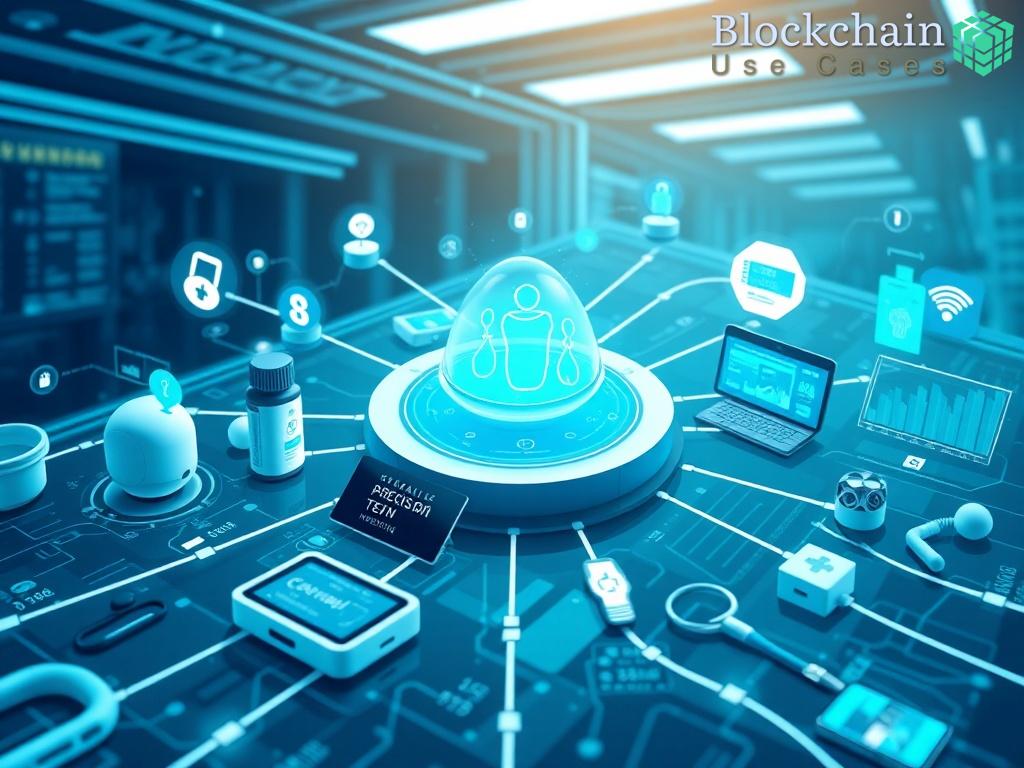Understanding the Intersection of Blockchain and IoT
![]()
As the world grapples with increasing water scarcity and management challenges, innovative technologies are stepping in to create sustainable solutions. One such integration is the combination of Blockchain technology and Internet of Things (IoT) devices in water management systems. This synergy aims to enhance transparency, accountability, and efficiency, making it a critical development in the quest for responsible water use.
How Blockchain Enhances Transparency
Blockchain is often hailed for its inherent transparency and security features. In the context of IoT-based water management systems, it enables real-time data tracking and secure transactions. Each IoT device, whether it’s a smart meter or a sensor, can log data directly onto the blockchain, creating an immutable record that stakeholders can trust. This innovation not only minimizes the likelihood of tampering but also fosters trust among consumers and regulators alike.
Consider the following aspects of how blockchain enhances transparency in water management:
- Data Integrity: The decentralized nature of blockchain ensures that once data is recorded, it cannot be altered without consensus from the network.
- Accessibility: Stakeholders, including government agencies and consumers, can access real-time data, enhancing accountability.
- Traceability: Every transaction or data point logged can be traced back to its source, providing an audit trail for water usage.
- Smart Contracts: Automated agreements can be executed based on pre-defined conditions, ensuring timely responses to water management issues.
Paving the Way for Smart Cities
The integration of blockchain in IoT-based water management systems is not just a trend; it’s a stepping stone toward creating smarter, more sustainable cities. By enabling efficient water distribution and usage monitoring, cities can significantly reduce waste and optimize resource allocation. Furthermore, the transparency afforded by blockchain can lead to better regulatory compliance and enhanced public trust.
As cities continue to evolve, the need for innovative solutions like blockchain will only grow. Harnessing these technologies promises not only to revolutionize water management but also to set a precedent for other sectors facing similar challenges.

















